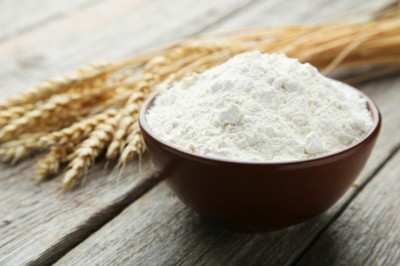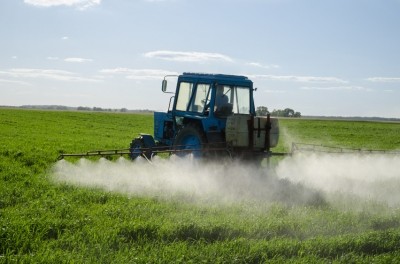Glyphosate gets five-year respite as license renewed

Eighteen Member States voted in favour of the move, representing a qualified majority of 65.71% of the EU population - just over the 65% threshold required to push authorisation through.
Three countries – Poland, Bulgaria and Romania – who had previously abstained insisting that the five-year renewal period was too short, voted in favour.
Meanwhile Germany, which had also previously abstained, changed its position swinging the vote in favour of glyphosate but causing ripples in Berlin. According to German reports, the pro-vote was given without consensus from the German Ministry of Environment. Germany’s Social Democrat Environment Minister, Barbara Hendricks, suggested that the decision was taken without the department’s agreement – and in spite of her opposition.
The vote brings to a close a bitterly contested re-authorisation battle.
Glyphosate was first authorised for use in the EU in 1974 by US agri-giant Monsanto under the Roundup brand. Today, it is one of the most commonly used weed killers in the EU.
The controversy over its authorisation principally stems from a 2015 report from the World Health Organization’s cancer agency, the International Agency for Research on Cancer, which concluded glyphosate is “probably carcinogenic to humans”.
Several subsequent studies, including those conducted by the EU’s food (EFSA) and chemicals (ECHA) agencies, concluded that there was not enough evidence to support the link between glyphosate and cancer risk.
Divisions over the weed killer have riven the bloc since last year, when its 15-year license expired. Glyphosate was given an 18-month extension that was due to expire in a matter of weeks.
"Today's vote shows that when we all want to, we are able to share and accept our collective responsibility in decision making," EU Health Commissioner Vytenis Andriukaitis said in a statement.
‘Ignoring concerns’ of European citizens
Campaigners against glyphosate reacted angrily, insisting that the decision flies in the face of what European citizens want and reflects the power of the chemicals lobby.
Last week, 1.3m EU citizens signed a petition calling for a ban on glyphosate. Meanwhile, in October the European Parliament called for a full glyphosate ban within five years. MEPs also suggested an immediate ban on its use in public spaces, private gardens and unnecessary farming uses.
Reacting to the news, Greenpeace EU food policy director Franziska Achterberg said: “The people who are supposed to protect us from dangerous pesticides have failed to do their jobs and betrayed the trust Europeans place in them. The European Commission and most governments have chosen to ignore the warnings of independent scientists, the demands of the European Parliament and the petition signed by more than one million people calling for a glyphosate ban. The threats of corporate lawsuits are of obviously of much greater concern to them than people’s health and the environment.”
According to Greenpeace, “crucial sections” of the EFSA safety assessment were directly lifted from Monsanto's application for a new license while “important findings” linking glyphosate to cancer were dismissed.
Pesticide Action Network Europe’s environmental toxicologist, Angeliki Lysimachou, echoed this sentiment. "This decision reveals once again the sad truth that governments are more keen to protect the highly profitable pesticide industry than the health of their people and the environment,” Lysimachou said.
A ‘victory for science’
While the five-year license fell short of the 15-year approval preferred by farming and chemical organisations, proponents of the weed killer declared the vote a victory for science-based assessments.
“The European Food Safety Agency has endorsed the use of glyphosate and has consistently said it is safe. Today’s vote backs up that position,” Joe Healy, president of the Irish Farmers’ Association, insisted.
“Glyphosate is an integral part of the modern farming practice in both tillage and grassland production. It is a key arable crop management tool that allows farmers to produce an abundance of safe, affordable, quality food. Its judicious use allows us to adopt minimum tillage practices, thus preventing soil erosion and reducing greenhouse gas emissions from the sector”.
The conservative ERC group in the EU parliament also insisted that the decision prioritises “science over scaremongering” and would be a welcome boost for European farmers.
ECR lead MEP Julie Girling said: “I’m very pleased that glyphosate has been re-authorised for five years. This represents the triumph of common sense in the face of a relentless campaign from some green groups determined to ignore scientific evidence and worry the public unnecessarily.”

























